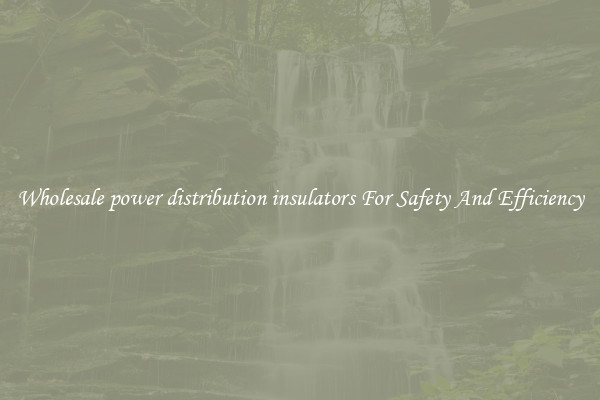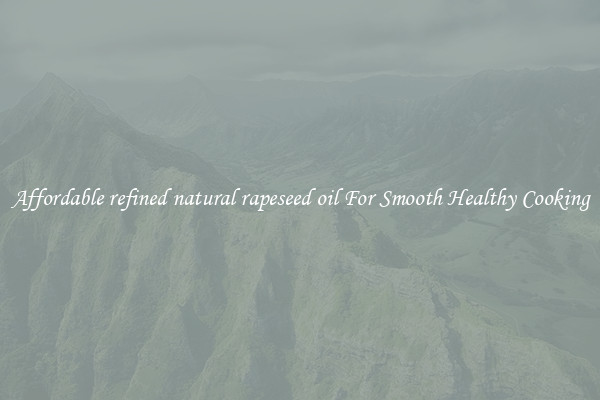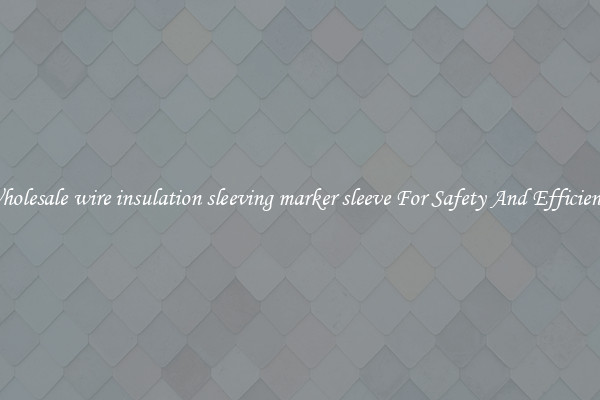Wholesale power distribution insulators For Safety And Efficiency
Wholesale power distribution insulators are critical components in electrical systems that ensure safety and efficiency in power distribution. These insulators play a crucial role in preventing electrical accidents and maintaining the reliability of the power grid.

One of the primary functions of wholesale power distribution insulators is to isolate conductive components from each other and from the ground. This helps to prevent the flow of electric current through unintended paths, such as metal structures or the earth. By creating a barrier between the live conductors and the surrounding environment, the insulators protect both people and equipment from the dangers of electric shock.
In addition to safety, wholesale power distribution insulators also contribute to the overall efficiency of power distribution systems. Insulators are designed to withstand high voltages without leaking current. This is achieved by using materials with high resistivity, such as porcelain, glass, or composite polymers. By preserving the integrity of the electrical isolation, insulators minimize power losses and ensure that electricity is efficiently delivered to its intended destination.
Insulators used in wholesale power distribution systems are subjected to varying environmental conditions, including temperature, humidity, and exposure to pollutants. Therefore, they need to be designed and manufactured to withstand these challenges and maintain their performance over time. Wholesale power distribution insulators are typically chosen based on their ability to resist environmental stress and potential surface leakage.
In recent years, there has been an increasing demand for composite polymer insulators in wholesale power distribution systems. These insulators are made of lightweight composite materials, such as fiberglass-reinforced epoxy or silicone rubber, which offer several advantages over traditional porcelain or glass insulators. Composite polymer insulators are not only lighter but also offer higher mechanical strength and durability. They are also more resistant to vandalism and theft due to their lower scrap value.
Furthermore, composite polymer insulators have superior pollution performance compared to traditional materials. They are designed with hydrophobic surfaces that repel water and contaminants, reducing the risk of flashovers caused by conductive deposits. This makes them particularly suitable for areas with high levels of industrial pollution or coastal regions where salt deposition can be an issue.
In conclusion, wholesale power distribution insulators are essential components for ensuring safety and efficiency in power distribution systems. These insulators serve as barriers between conductive components, preventing electric shock and ensuring reliable power delivery. The choice of insulators, whether traditional porcelain or glass insulators or modern composite polymer insulators, depends on factors such as environmental conditions, mechanical strength, and resistance to pollution. Investing in high-quality, durable insulators is crucial to maintaining a reliable and efficient power grid.

View details

View details

View details

View details








